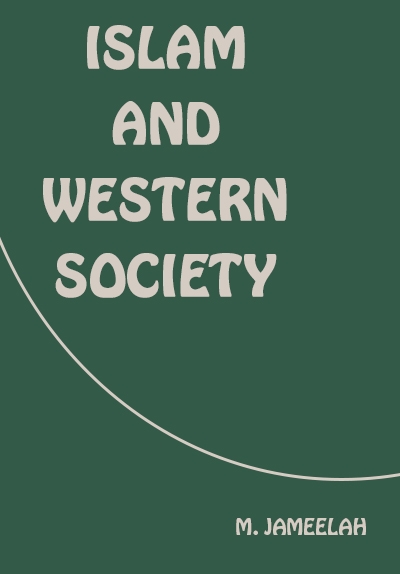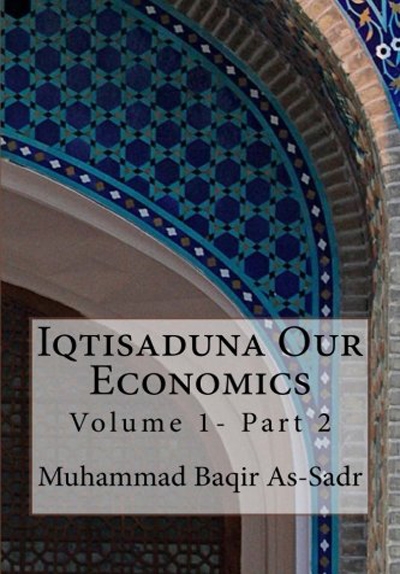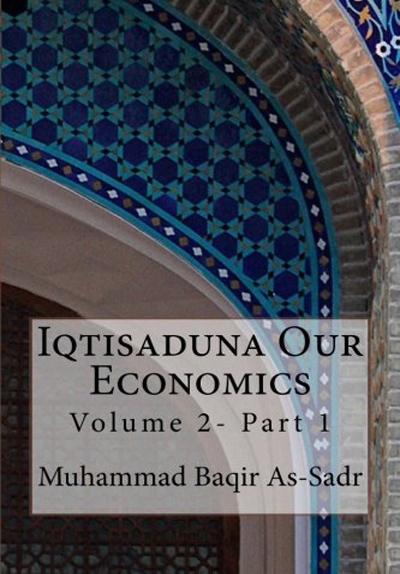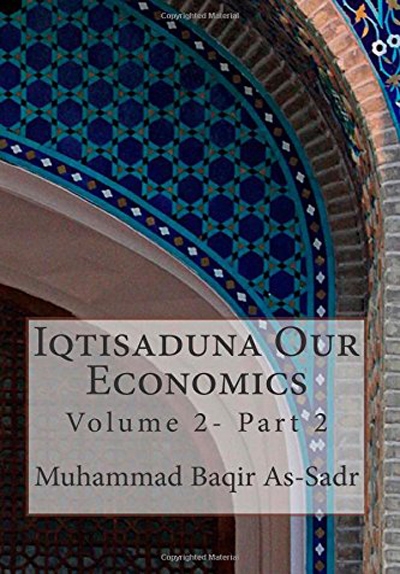Our Philosophy - FALSAFATUNA
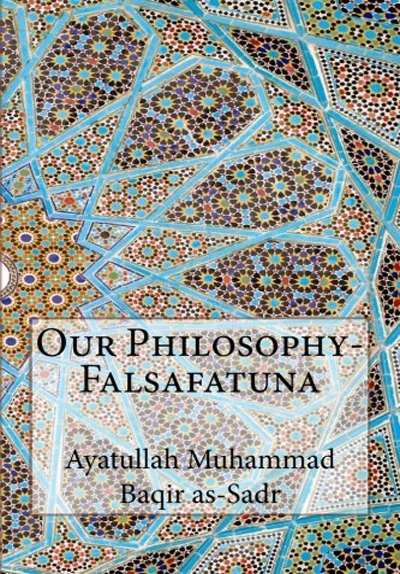
Author(s): Sayyid Muhammad Baqir as-Sadr
Publisher: The Muhammadi Trust
Published on: Jumada' al-Ula', 1407 1987-01
No. of Pages: 301
The Nature of This Work
Our Philosophy is a collection of our basic notions concerning the world and our way of understanding it. For this reason, the book, with the exception of the Introduction, is divided into two investigations: one concerned with the theory of knowledge, and the other, with the philosophical perspective of the world.
The task of the first investigation undertaken can be summarized as follows:
To provide evidence for the [rationality] logic which asserts that the rational method of thought is sound, and that the mind - as it is equipped with necessary knowledge prior to experience - is the primary criterion of human thought. There can be no philosophical or a scientific thought that does not submit to this general criterion. Even the experience that empiricists claim to be the primary criterion is not in reality anything but an instrument for applying the rational criterion. The experiential theory cannot dispense with the rational treasure.
To study the value of human knowledge, and to show that one can admit that knowledge has a [true] value on the basis of rational logic, and not on the basis of dialectical logic which cannot give knowledge a true value.
Our basic purpose in this investigation is to determine the book's method in the second investigation, since the positioning of a general notion concerning the world depends, in the first place, on determining the principal method of thought, the general criterion of true knowledge,1 and the extent of (p. 8) the value of true knowledge. That is why the first investigation is in fact a preparatory discussion for the second. The second investigation of the work is the basic investigation, to which we would like to direct the reader's attention in particular.
The discussion of the second investigation is covered in five parts. In the first part, we present the philosophical notions in conflict and their identifications. We will also offer some clarification of these notions.
In the second part, we will take up the dialectic ideologies, since it is the best-known method on which modern materialism rests today. Thus, we will study objectively and in detail all the major ideas of the dialectic that were formulated by Hegel2 and Karl Marx3, the two dialectic philosophers.
In the third part, we will study the principle and laws of causality that govern the world, as well as the comprehensive philosophical explanation of the world that causality offers us. We will also treat a number of philosophical doubts that have emerged in light of recent scientific developments.
From there, we will move to the fourth part [concerning] matter and God4. This discussion relates to one of the final stages of the conflict between materialism and theology, so that we can form our theological notion of the world in light of the philosophical laws and the various natural and human sciences.
In the final part, we will study one of the most significant philosophical problems namely, that of knowledge - which constitutes an important area of conflict between materialism and metaphysics. The discussion is treated on philosophical grounds and in light of the various sciences that are related to the subject, be they natural, physiological or psychological.
This is a general, comprehensive outline of the book. It is now in your hands as a result of ten months of successful efforts that led to its production in the present form. I greatly hope that it will carry out faithfully and sincerely something of the holy message. (p. 9). I ask the dear reader to study the investigations of this work in an objective fashion, with complete concentration and reflection, judging, in conformity, or against it, on the precise philosophical and scientific criteria available to him, and not emotionally.
Further, I do not wish to have him read the book as he would read a play or a kind of intellectual or literary luxury. The book is not a play, a literary piece, or an intellectual luxury. Rather, at heart, it is concerned about the problems of reflective human beings.
My success is only from God on Whom I have relied and to Whom I resort.
Muhammad Baqir as-Sadr
An-Najaf al-Ashraf, Rabi' ath-Thani, 29, 1379 A.H.,
(Disclaimer: This material is made available here strictly for educational purposes and in no way intended to violate the copyrights.)
